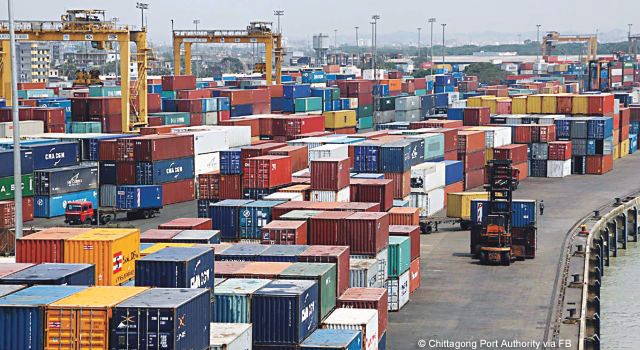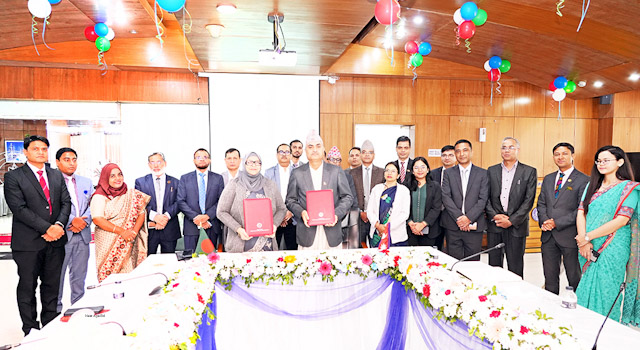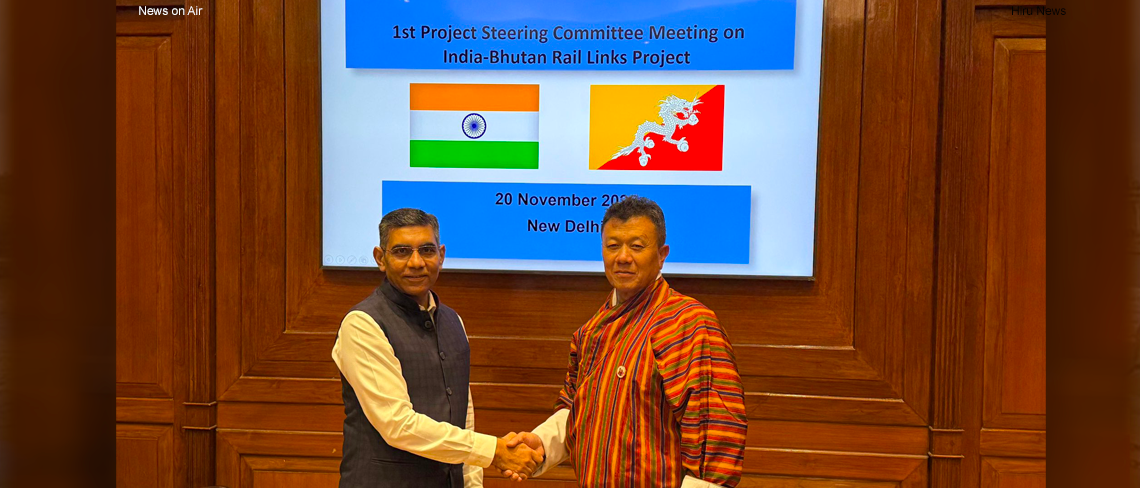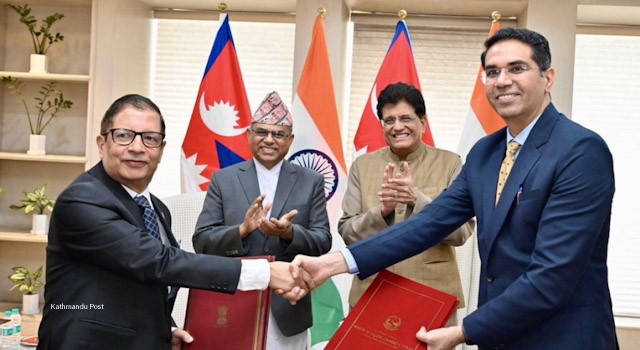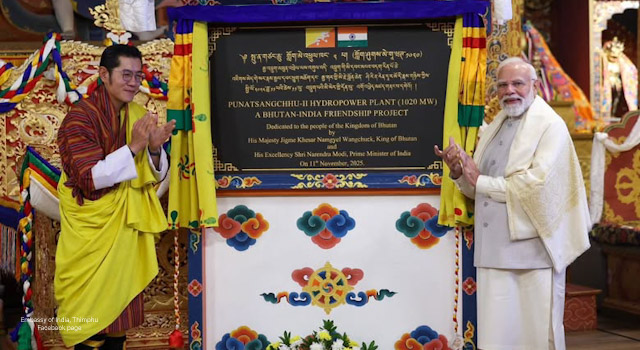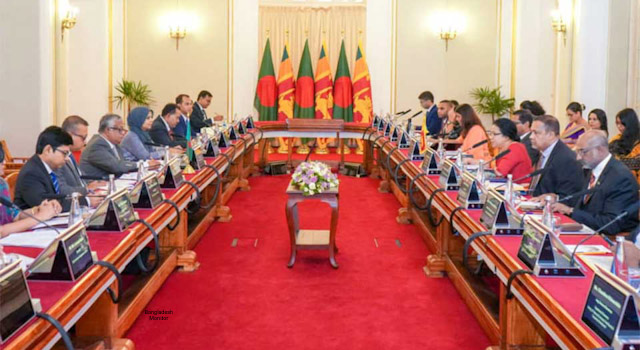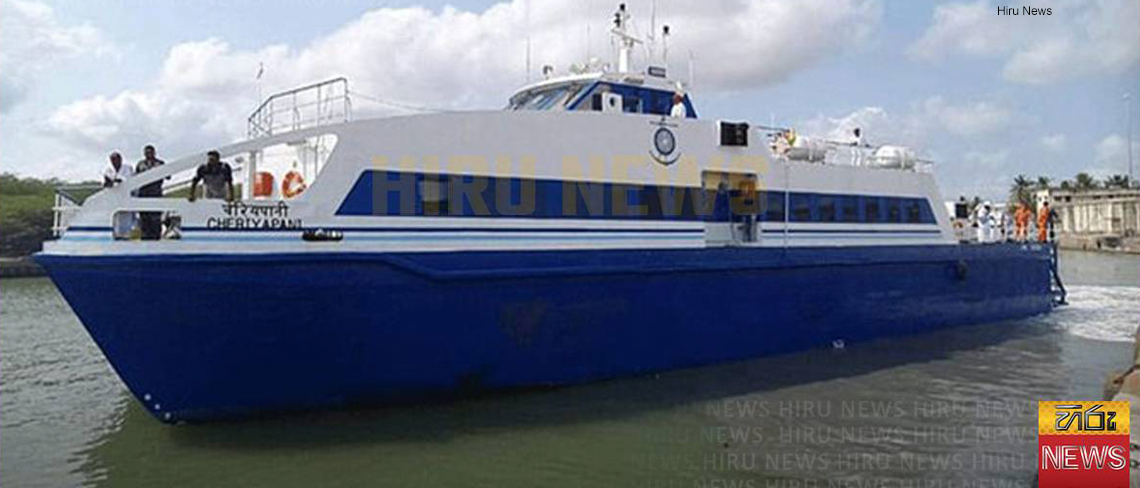
Speech: The Future of Energy Demand
24 June 2016

Greatly increased energy consumption is powering economic transformation in Asia and the Pacific, but also contributing to higher greenhouse gas emissions. The devastating effects of climate change are already being felt in the region. In this speech delivered at the Pacific Energy Summit on 24 June 2016 in Singapore, Bambang Susantono, Vice-President for Knowledge Management and Sustainable Development, Asian Development Bank, looks at the challenges faced by Asia’s growing economies and the urgent need to support clean energy sources.
By Bambang Susantono
Admiral Blair, Board members of National Bureau of Asian Research, distinguished guests, ladies and gentlemen, good morning.
On behalf of the Asian Development Bank, I would like to thank the National Bureau of Asian Research for the opportunity to address this session and share ADB’s view and response to the changing energy landscape in Asia.
Let me start with the changing energy landscape in Asia.
Asia's innovative energy industry
Asia and the Pacific region’s developing economies are advancing at a rate faster than the world average. The Asian economy as a whole is growing at a solid pace of around 6% annually. It will expand from a third of world GDP today to about one half by 2050, making Asia the next global axis for economic activity.
Tied to this, the business-as-usual projections for energy consumption show that this economic transformation is powered by greatly increased consumption contributing to higher greenhouse gas emissions. Asia will be responsible for half the world’s emissions by 2035.
The effects of climate change are already being felt in developing Asia and the Pacific. Weather events of historic ferocity have struck many countries in the region. The agricultural and fisheries sector, which are the backbones of many countries’ economy, are at high risk to climate change.
In this foreseeable situation, how we generate, distribute, and use energy continue to be at the fore of ADBs thinking more so now than before. ADB recently concluded its own Asia Clean Energy Forum where these topics were central to the discussions between policymakers, members of the industry, and partners in the development world.
Last year, we witnessed The Paris Agreement at COP21 created new momentum for an energy transition, both in developing and developed nations. I still remember that at this time last year, the hopes for action from COP21 were low, given the track record of previous years. However, as of today, 189 countries have pledged to reduce emissions through Intended Nationally Determined Contributions or INDCs.
The INDCs, as we are all aware, outline the measures countries intend to undertake in order to: (i) reduce greenhouse gas emissions, (ii) adapt to climate change, and (iii) in the case of developed countries, provide financial, technological and capacity building support to developing countries. A majority of these NDCs, across developing and developed countries have clean energy solutions at their centers, or more specifically, the strategy of an “energy transition” from their current state to a low-carbon path.
What are ADB’s responses to answer these challenges?
ADB will fully support the implementation of INDCs in Asia. In a study of INDCs among ADB member countries, we are seeking ways to better align our project pipeline to enable countries towards their INDC achievements. Our operations are focusing on helping countries to overcome clean energy challenges in 3 areas: financing, policy & regulatory framework and technology; through the application of innovative solutions at the national and regional levels.
In 2015, ADB invested a total of $5.6 billion in the energy sector with $2.5 billion invested in clean energy. We are also scaling up our operations in clean energy. Last year ADB announced a doubling of annual climate financing in order to reach $6 billion by 2020. Half of this amount is being targeted for projects on renewable energy and energy efficiency.
As I said before, policy is at the forefront of concerns. Just as strong policy can incentivize greater investment, weak or absent policy can jeopardize future plans. One focus area for ADB in terms of policy interventions is supporting countries in addressing fossil fuel subsidies.
Ending fossil fuels
Already, the People’s Republic of China, India and Indonesia have taken advantage of low oil prices to end fossil fuel subsidies. The continued presence of these subsidies creates an unfair playing field for clean energy – making it seem far less financially viable than it truly is. Part of our work is to work hand-in-hand with policy makers on alternative options; and revealing the true costs of continued fossil fuel development, not only from an economic perspective, but also from an environment and social one.
On the technological aspect, major technologies such as onshore wind and solar PV have matured, many countries have sought to tap their enormous renewable energy resources to meet their present and future energy demand. But more is needed — technology transfer and direct financing support are essential.
ADB continues to work with member countries to ensure that more advanced and cleaner technologies are incorporated in its energy projects. For that purpose, we are reviewing our procedures for every stage of our projects, including project design, preparation, and procurement. Projects with advanced technology or green content will be prioritized for ADB financing.
Out with the old, in with the new
ADB is also actively promoting a regional approach to an appropriate energy mix and clean energy deployment. While national actions are required in implementing INDCs, countries can benefit by sharing clean energy among neighboring countries. For instance, ADB has been supporting large-scale hydropower projects in Lao PDR, which exports electricity to Thailand. Likewise, we can promote the sharing of abundant hydro resources in Bhutan and Nepal with neighboring countries in South Asia.
To connect energy-rich Central Asia with energy-deficit South Asia, ADB is providing loans to the Turkmenistan-Uzbekistan-Tajikistan-Afghanistan-Pakistan (TUTAP) transmission interconnection project. Also, ADB is transaction advisor for the natural gas pipeline public-private partnership project connecting Turkmenistan, Afghanistan, Pakistan, and India (TAPI).
ADB recently approved $1 billion in loans for a Green Energy Corridor and Grid Strengthening Project in India. When designing this project, ADB helped the government adopt the latest technologies in high voltage direct current transmission to improve efficiency and reduce transmission losses.
ADB also assisted the PRC and Indonesia establish centers of excellence to expand their research on technology and related policies for carbon capture and storage.
ADB-wide sector and thematic groups, which we started recently, ensure that innovative knowledge and technologies are built up, shared, and used across departments, including five regional departments and the private sector operations department. Groups for climate change, energy, transport, urban, and water are working together to expand the deployment of clean energy through our projects and knowledge works.
Supporting clean energy
Let me also touch upon the innovative financing which is crucial to support clean energy.
In 2015, ADB issued its first green bond to finance ADB’s climate operations. The proceeds from the 10-year green bond, lead managed by private banks, are used to finance climate change projects including renewable energy, energy efficiency, and sustainable transport. The bond was purchased by a wide range of investors, such as central banks, commercial banks, pension funds, and insurance companies from across the world.
"It is of our best interests to adapt, and to respond to a clear imperative for sustainability, and de-carbonizing energy sources."
We helped guarantee the first climate bond in Asia for a private sector geothermal project in the Philippines. This is the first ever climate bond for a single project in an emerging market.
One innovative transaction by our private sector operations department was equity and loan investment to an Indian private firm, Simpa, to provide solar energy to low-income households in rural areas. In this scheme, households make an initial down payment of 10–30% of the capital cost to install roof-top off-grid solar panels and batteries. Households can then use a mobile phone’s short messaging service to repay the remaining capital cost. Once fully paid, typically in two to three years, the household will own the solar panel and receive its solar energy without further payment.
Conclusion
One of the more challenging ideas presented to ADB during its most recent Asia Clean Energy Forum was that of the pace of energy technology that outstripping policy actions. This type of “disruptive innovation” has struck other industries, with widespread effects, and effects that are often not completely examined and studied.
But given the scale and importance of energy technology and infrastructure, ADB does believe that it is possible to keep up with this shifting landscape, and that our work is to help countries to adapt with this.
Above all, it is of our best interests to adapt, and to respond to a clear imperative for sustainability, and de-carbonizing energy sources.
Thank you and I wish you all to have a good discussion.




